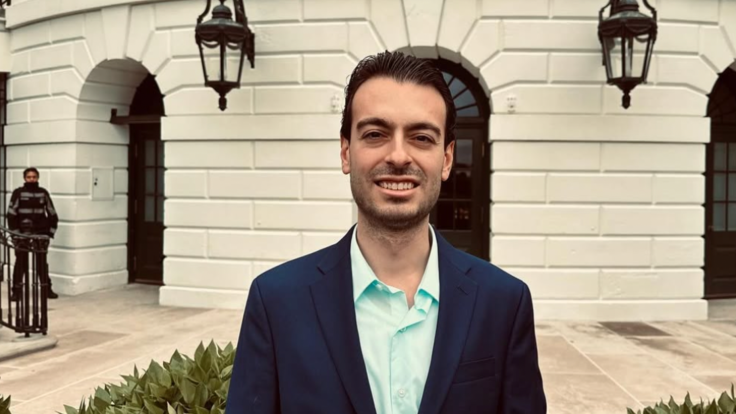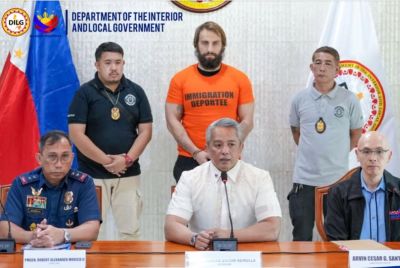Trump Watchdog Pick Paul Ingrassia Withdraws After Racist Texts Revealed

President Donald Trump's nominee for director of the US Office of Special Counsel, Paul Ingrassia, has withdrawn following a Politico report exposing racist and antisemitic text messages.
The 30-year-old lawyer's resignation on 21 October 2025 came after senior Senate Republicans—including Majority Leader John Thune—signalled they would block his confirmation, marking a rare defection from party unity over a Trump appointment.
GOP Pressure Mounts After Scandal Breaks
The controversy erupted when Politico published leaked group-chat messages in which Ingrassia allegedly joked about having a 'Nazi streak' and condemned national observances such asMartin Luther King Jr. Day and Juneteenth. The texts also included racial slurs and comments calling for Black-heritage holidays to be 'eviscerated'.
Within hours of the revelations, Thune told reporters, 'He's not going to pass.' Senators Rick Scott, Ron Johnson, and James Lankford followed suit, publicly opposing the nomination. Their resistance effectively doomed the confirmation, given the Republicans' narrow Senate majority.
The White House later confirmed that Ingrassia's nomination had been withdrawn, ending what could have been a contentious floor battle.
Racist Texts and Past Allegations
The genesis of the collapse dates to a group chat revealed by Politico, in which Ingrassia allegedly wrote:
'I do have a Nazi streak in me from time to time.'
'MLK Jr. Day should be tossed into the seventh circle of hell where it belongs.'
Ingrassia's attorney, Edward Paltzik, acknowledged that some of the messages were his client's but insisted they were meant as 'satirical exaggerations' and claimed others might have been altered.
Adding to the controversy were earlier concerns about Ingrassia's behaviour at the Department of Homeland Security (DHS), where he served as a White House liaison. Internal records confirm that an investigation once examined claims he had cancelled a female colleague's hotel booking and offered to share a room instead. The complaint was later withdrawn but remains part of the official DHS file.
A Nomination Unravels
Ingrassia, who joined the New York Bar in 2024, had limited legal experience for a role typically reserved for senior attorneys. The Office of Special Counsel (OSC) is charged with enforcing federal ethics rules, protecting whistleblowers, and ensuring non-partisanship under the Hatch Act—a mandate requiring credibility and independence.
His nomination, announced in May 2025, faced scepticism even before the leaks, with several senators questioning his qualifications. The scandal ultimately transformed that scepticism into outright rejection.
Republican resistance was notable given the Trump administration's history of confirming controversial nominees. Analysts say the backlash reflects both reputational risk and lingering concerns over the politicisation of watchdog roles.
Fallout for the Office of Special Counsel
The OSC now remains under interim leadership as the White House searches for a replacement. The withdrawal has fuelled anxiety within federal oversight circles and public-sector unions, who warn the episode could deepen distrust in the administration's approach to accountability.
Political observers say the withdrawal also highlights an unusual moment of internal GOP discipline. 'Even in the current climate, some lines still matter,' one Senate aide told Reuters.
What Comes Next
The White House has yet to announce a new nominee for the watchdog post. Lawmakers from both parties have urged Trump to select a candidate with established experience in federal ethics enforcement.
For now, the collapse of Ingrassia's nomination underscores a broader reality in Washington: amid polarised politics, the reputational costs of personal misconduct still hold political weight.
© Copyright IBTimes 2025. All rights reserved.



















